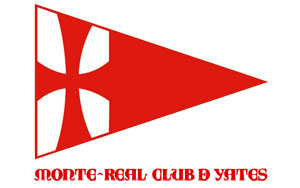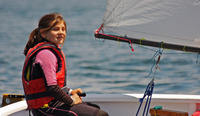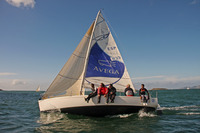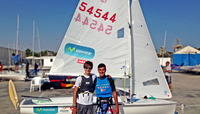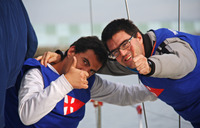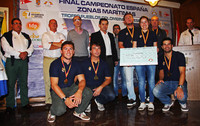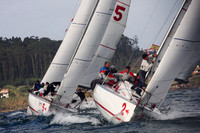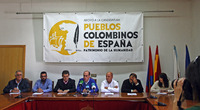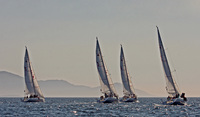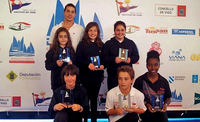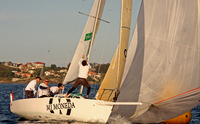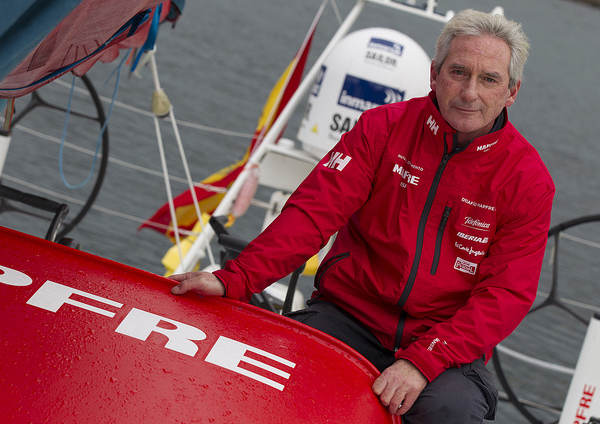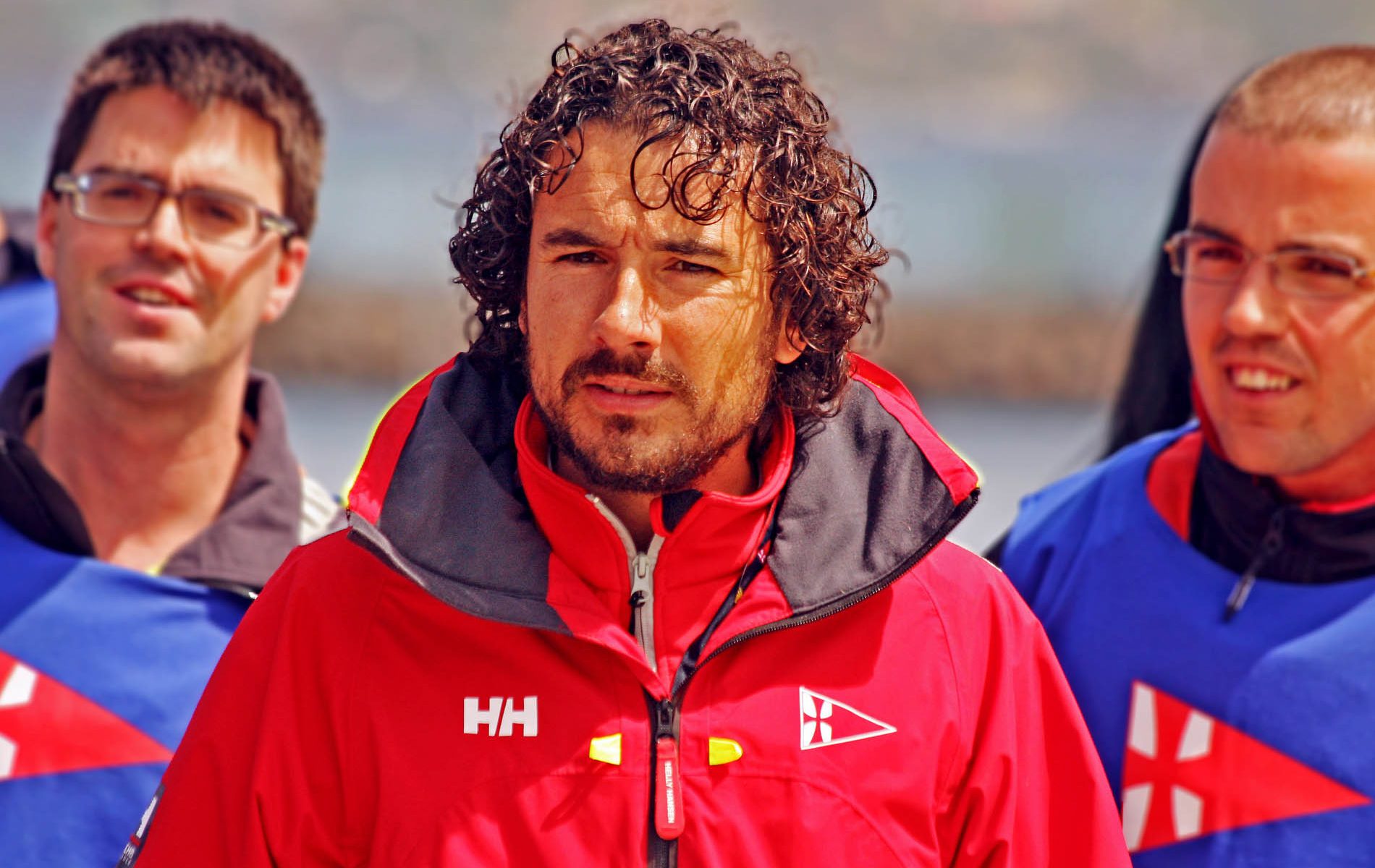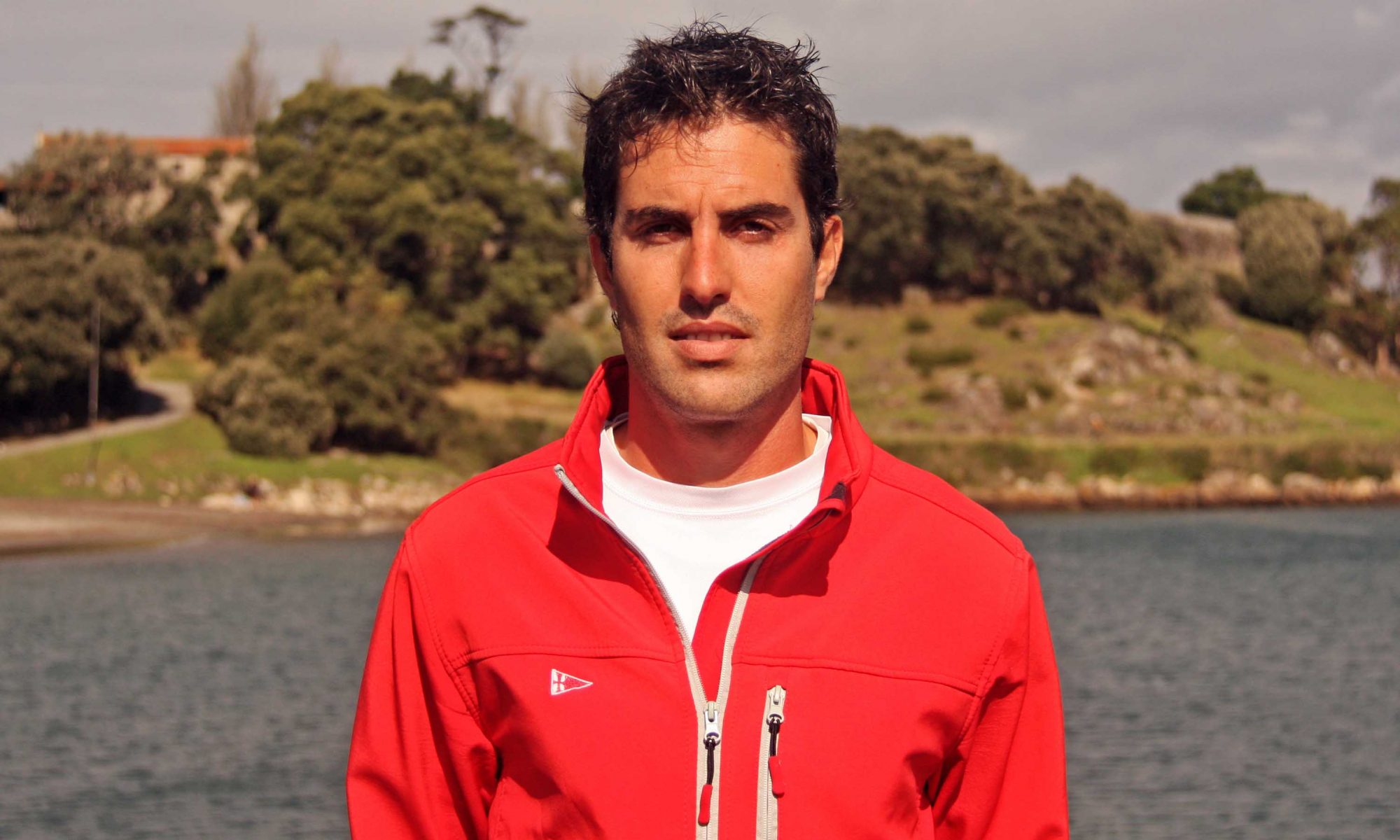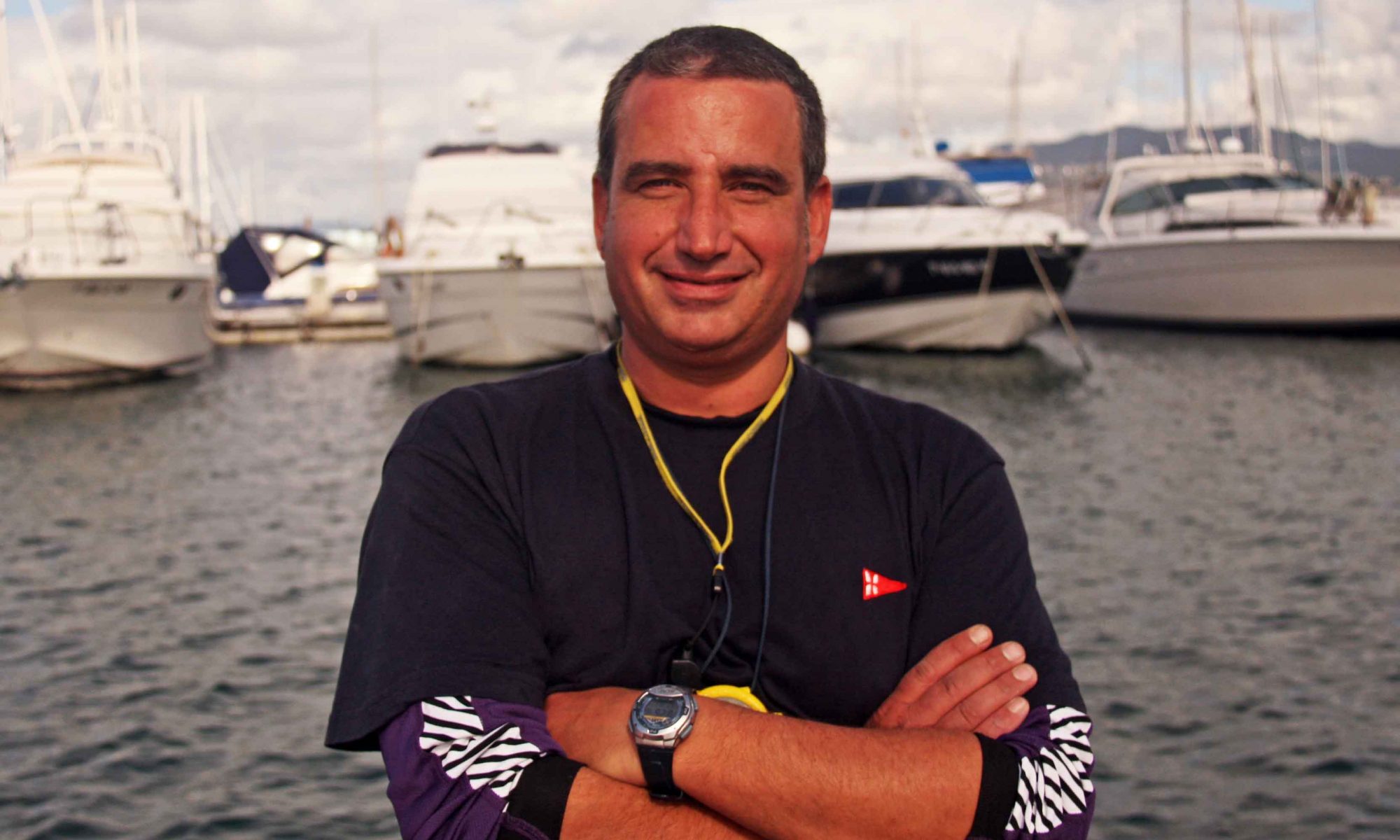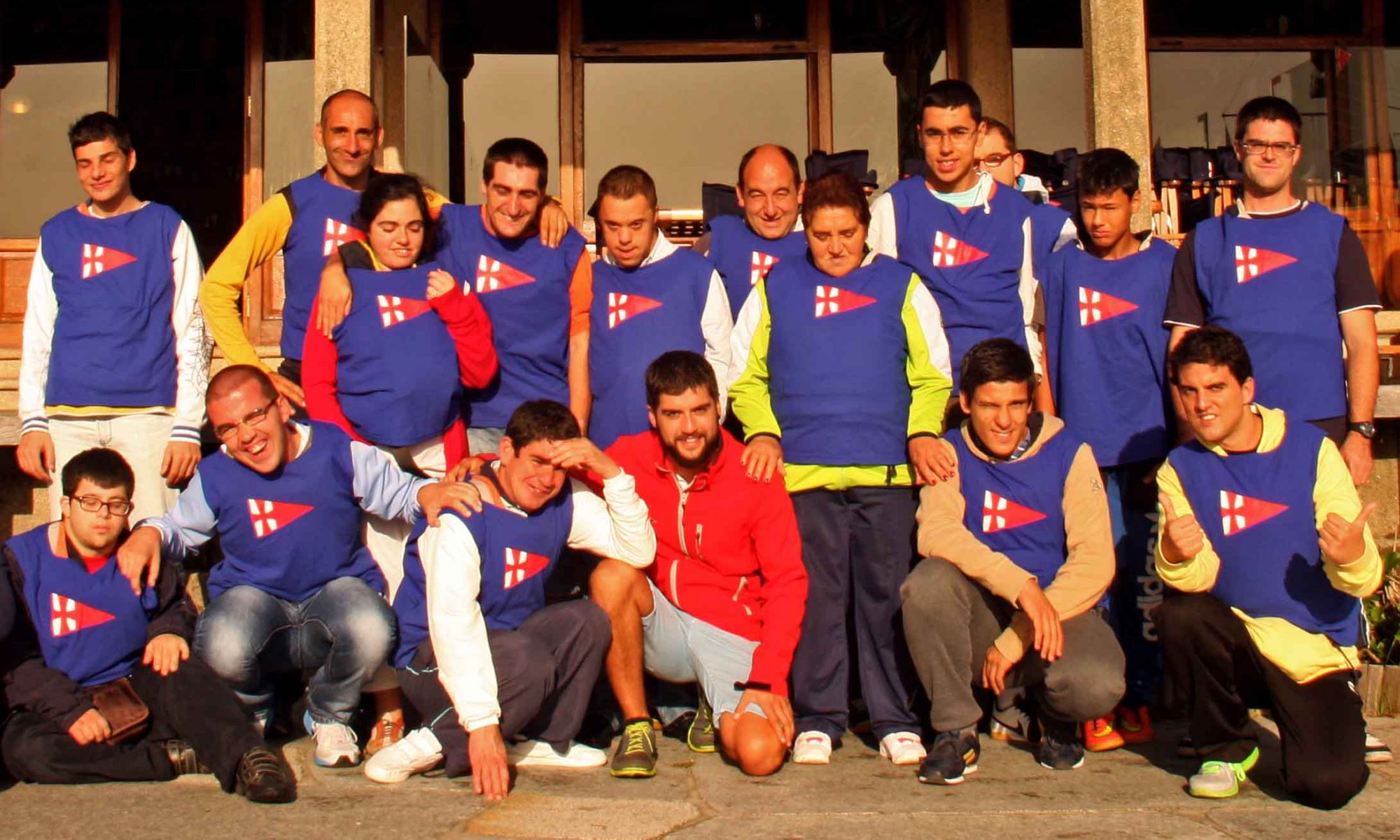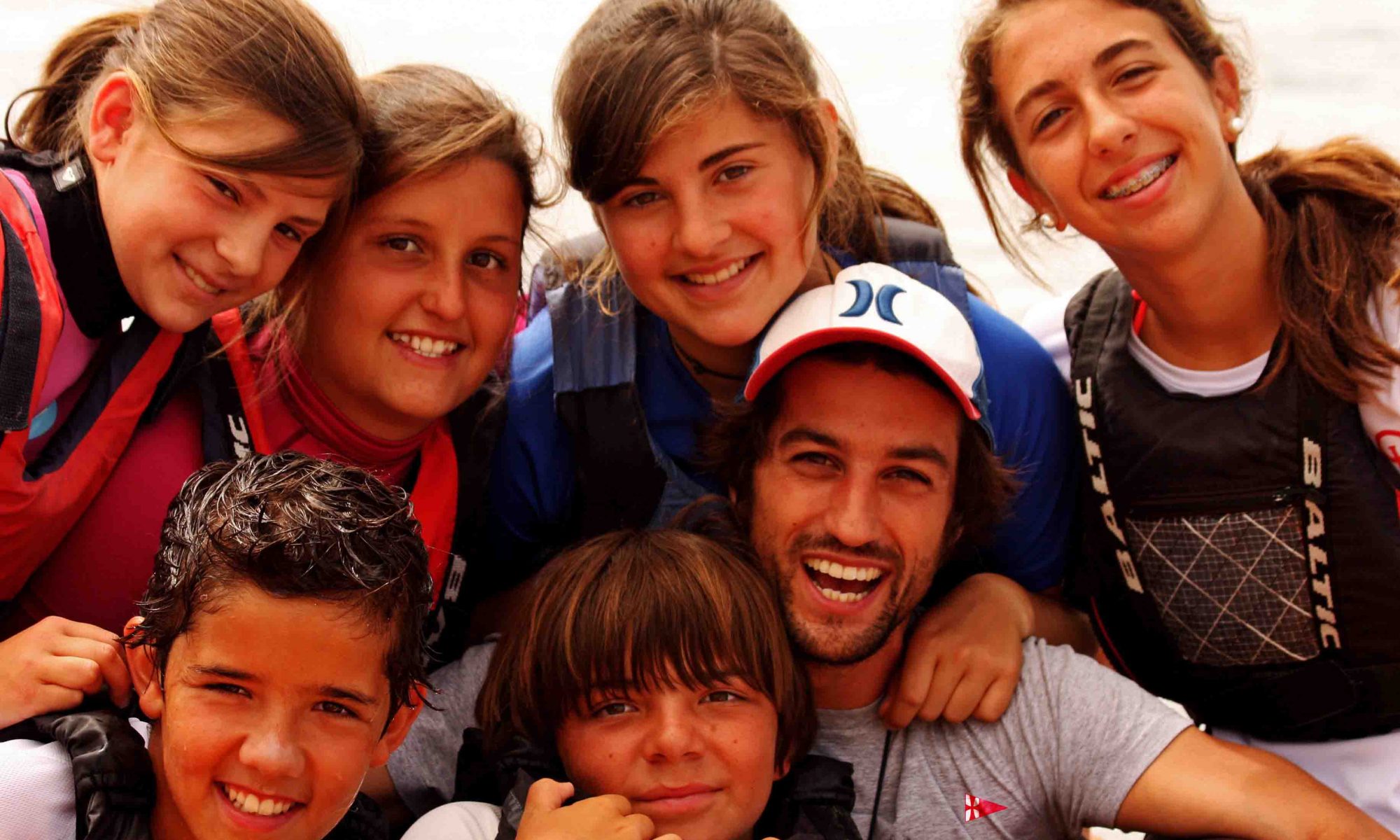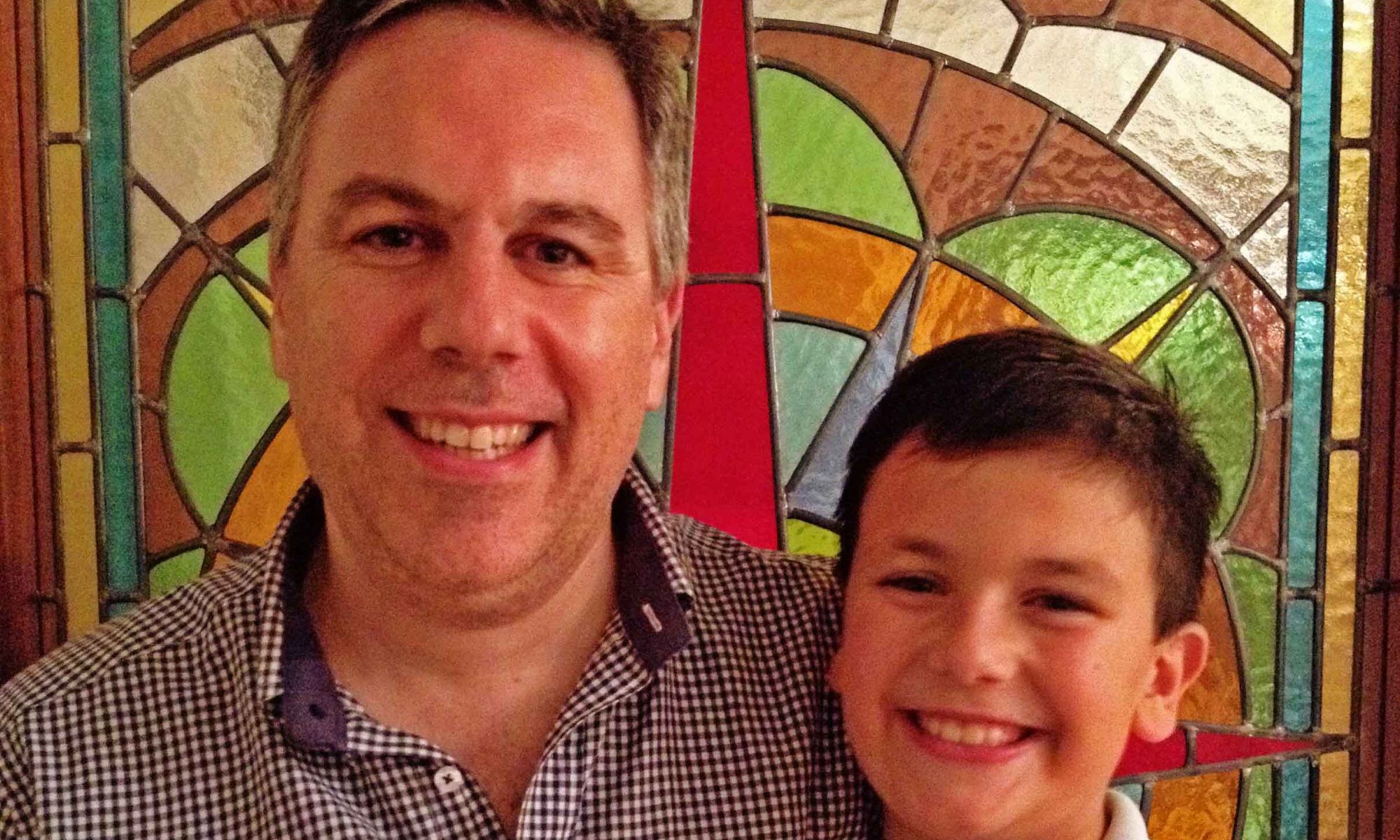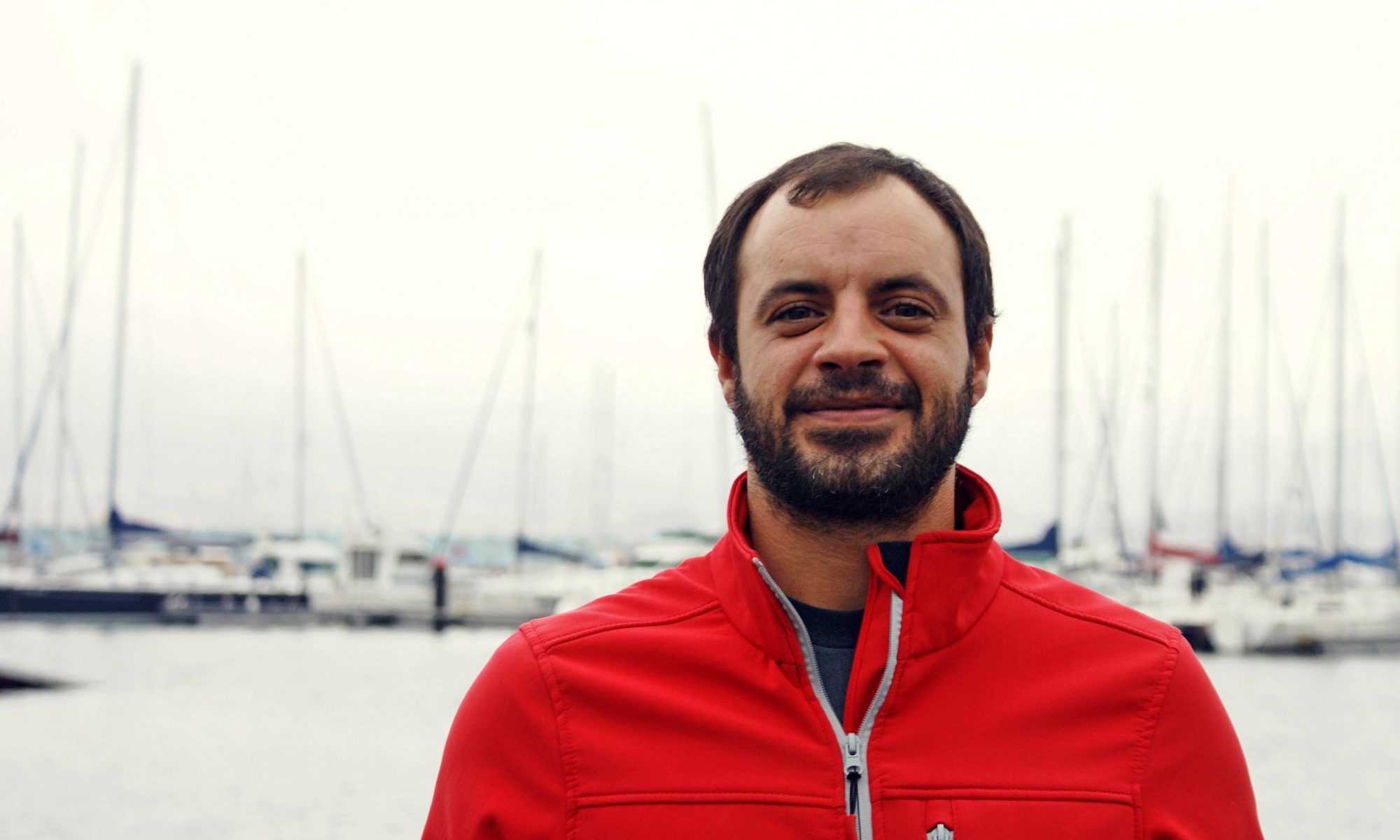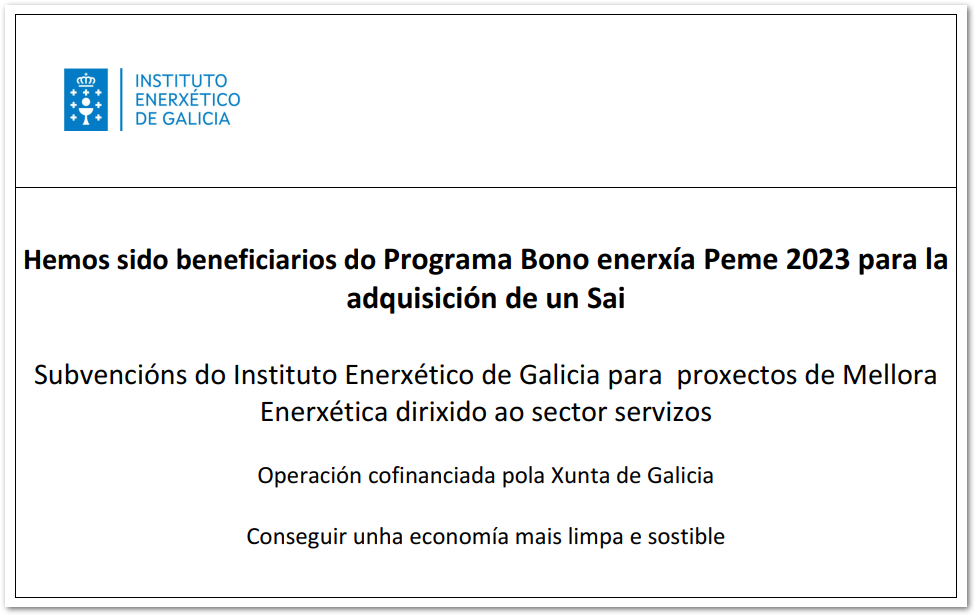INTERVIEW WITH LUCIA ARANA · OPTIMIST STUDENT AT THE MRCYB SAILING SCHOOL
Lucía Arana is one of the most cheerful students at the Monte Real Yacht Club Sailing School. He started sailing in the club three years ago as part of the extracurricular activities of the Ángel de la Guarda school in Nigrán, and has not left the boat since then. Her coach, Samuel Montouto, says of her that it was her great ability to adapt that allowed her to move very quickly from the initiation team, where she started, to the green team and later to the regatta team. Looking to the future, Lucía has it clear. He wants to continue sailing because, according to what he says, he has a really good time at sea.
Lucía, why did you decide to start sailing?
Well, I started a bit by accident. I was looking for an activity to practice in summer, and I found the possibility of sailing in Panxón. And I started there. Later, as I liked it so much, I wanted to continue with classes also in winter, but in Panxón there weren’t any, so I looked for where they gave them and I arrived at Monte Real, which is where I am practicing sailing now.
Tell us, how is one of your training days? What do you do?
I go on the weekends and we do a lot of things. We arrive early, we lower the boats, we prepare them, the trainers explain to us what we are going to do and then we go out to sea. We spend a few hours sailing and, when we finish, we return to land and pick up the boats again.
We also have some classes on the ground. The trainers also give you theory lessons. The trainers show us videos of what we did in the sea and tell us the things we did wrong so we can correct them.
What do you like most about sailing?
I like everything, because it’s so much fun. The sea, the waves, the wind… I have a great time going out sailing, and the more I learn, and the more things I know how to do, the better I have.
Many children like to sail only in summer, when it’s sunny, but I also really like going out in winter, even if the weather is bad.
A few months ago you started competing, do you like it? how is the experience?
This year I competed in the Baitra del Monte Real Trophy, which was for cadets, and although I usually sail in Optimist, I participated with a boy who sailed in that class and we managed to win. I also competed in the Atlantic Week in Vigo and in other regattas, and the truth is that I had a great time.
Competing is a lot of fun, although there are also a lot of nerves, because there are very good people. Before leaving I try to concentrate to avoid being nervous, and sometimes I succeed and sometimes I don’t, but in the end I always end up having a good time.
Would you like to continue browsing in the future? What would you like to do?
Yes. I would very much like to continue browsing, and as long as I can I will continue doing so. At the moment I want to continue in Optimist, because I still have a lot to learn, but then I would like to jump to other classes as well.
My sister sails the 420 and I would like to sail that class too, but I want to wait a few more years, until I know everything there is to know about Optimist. Then I’ll think about what I’m going to do, but I’m sure I’ll keep sailing and competing if I can.
